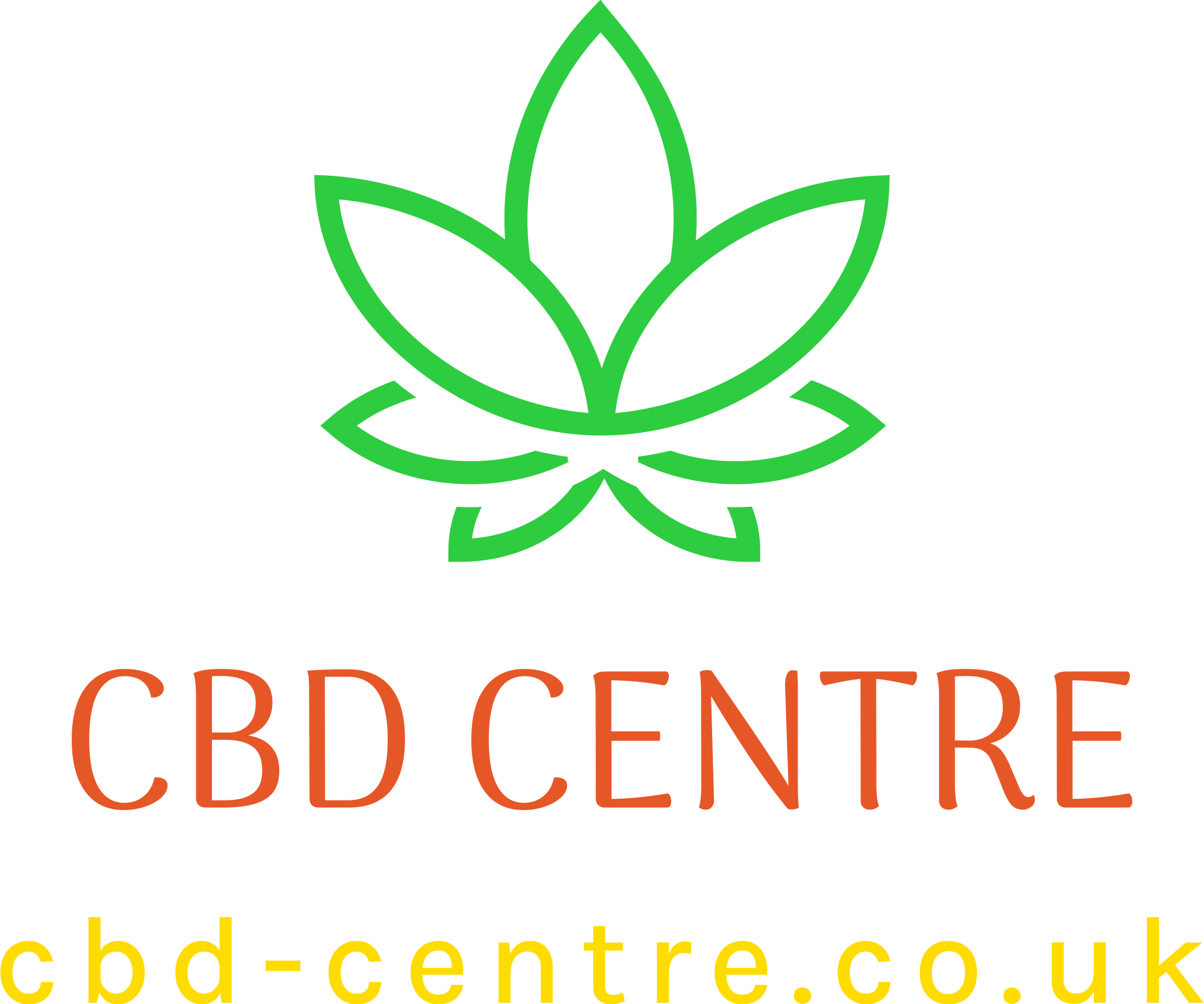Introduction
CBD (cannabidiol) has gained significant popularity in recent years for its potential health benefits and therapeutic properties. As the interest in CBD continues to grow, researchers have conducted studies to understand the reasons why people are turning to CBD as a natural remedy. In this comprehensive guide, we will explore the findings of a new study that reveals the top reasons why people use CBD. By understanding these motivations, individuals can make informed decisions about incorporating CBD into their wellness routines.
Understanding CBD
- Brief overview of CBD and its origins
- Differentiating between CBD and THC (tetrahydrocannabinol)
- The legal status of CBD and its availability
- Exploring the potential health benefits of CBD
Methodology of the Study
- Explanation of the research design and sample size
- Data collection methods and survey instruments used
- Demographic characteristics of the participants
- Limitations and generalizability of the study findings
Top Reasons Why People Use CBD
- Pain Management: Exploring how CBD is used as a natural alternative for pain relief
- Anxiety and Stress Reduction: Understanding CBD’s potential calming effects on anxiety and stress
- Sleep Improvement: Examining how CBD may help promote better sleep quality
- Inflammation and Joint Health: Discussing CBD’s potential anti-inflammatory properties and its role in managing joint health
- Relaxation and Well-being: Exploring how CBD may promote relaxation and overall well-being
- Mood Enhancement: Understanding the potential effects of CBD on mood regulation
- Support for Mental Health: Discussing CBD’s potential benefits for conditions like depression and post-traumatic stress disorder (PTSD)
- Managing Chronic Conditions: Examining the use of CBD for conditions such as epilepsy and multiple sclerosis
Emerging Uses and Areas of Interest
- Skin Health: Exploring the potential benefits of CBD in skincare products
- Sports Performance and Recovery: Discussing CBD’s use in sports and fitness for recovery and relaxation
- Cognitive Function: Understanding the impact of CBD on memory, focus, and cognitive performance
- Addiction and Substance Abuse: Examining the potential role of CBD in managing cravings and withdrawal symptoms
- Overall Wellness and Preventive Health: Discussing CBD as a part of a holistic approach to maintaining well-being and preventing illness
Consumer Experiences and Testimonials
- Sharing real-life experiences and testimonials from individuals using CBD
- Highlighting personal success stories and insights into the benefits of CBD
- Exploring the factors that contribute to individual variations in CBD experiences
Safety Considerations and Side Effects
- Addressing safety concerns and potential drug interactions
- Discussing common side effects associated with CBD use
- Dosage considerations and recommendations for safe CBD use
Consultation with Healthcare Professionals
- The importance of consulting with healthcare professionals before using CBD
- Discussing CBD use with doctors, pharmacists, and other healthcare providers
- Seeking personalized advice and guidance based on individual health conditions and medications
Navigating the CBD Market
- Ensuring product quality and transparency through third-party lab testing
- Understanding different forms of CBD products, such as oils, capsules, and topicals
- Choosing reputable CBD brands and understanding product labels
- Considering factors such as CBD potency, extraction methods, and sourcing
Conclusion
The findings of this new study shed light on the top reasons why people are turning to
Research and Scientific Evidence
- Reviewing existing studies on the effectiveness of CBD for various health conditions
- Highlighting clinical trials and research findings supporting the use of CBD
- Discussing the need for further research and the limitations of current studies
- Exploring the mechanisms of action through which CBD may exert its therapeutic effects
Legal and Regulatory Landscape
- Understanding the legal status of CBD in different countries and regions
- Discussing regulations and guidelines surrounding the manufacturing, labeling, and marketing of CBD products
- Navigating the differences between hemp-derived CBD and marijuana-derived CBD
- Keeping up-to-date with evolving regulations and potential changes in legislation
Personal Factors to Consider
- Tailoring CBD use based on individual preferences and needs
- Considering factors such as age, weight, and existing medical conditions
- Determining the most suitable form of CBD (e.g., oils, capsules, topicals)
- Monitoring personal responses to CBD and adjusting dosage as needed
Finding Quality CBD Products
- Identifying reputable CBD brands and manufacturers
- Understanding the importance of third-party lab testing for quality assurance
- Reading product labels to determine CBD concentration, ingredients, and recommended dosage
- Considering factors like extraction methods, sourcing, and organic certifications
Safe Usage and Potential Side Effects
- Discussing potential side effects associated with CBD use
- Addressing concerns regarding drug interactions with CBD
- Providing guidance on starting with low dosages and gradually increasing as needed
- Encouraging individuals to report any adverse reactions to their healthcare professionals
Cultural and Social Perspectives
- Examining societal attitudes toward CBD and cannabis-related products
- Understanding cultural factors that influence CBD usage and acceptance
- Addressing common misconceptions and debunking myths surrounding CBD
Personalizing CBD Use for Optimal Results
- Highlighting the importance of an individualized approach to CBD usage
- Tracking personal experiences and documenting the effects of CBD on symptoms or conditions
- Considering complementary lifestyle changes, such as exercise, nutrition, and stress management
- Emphasizing the role of self-care and holistic well-being in conjunction with CBD usage
Conclusion
The new study revealing the top reasons why people use CBD provides valuable insights into the motivations behind its widespread adoption. Pain management, anxiety reduction, sleep improvement, and inflammation control are among the primary drivers for CBD usage. However, ongoing research, consultation with healthcare professionals, and personal considerations are essential for responsible CBD usage.
Navigating the legal landscape, finding reputable CBD products, and understanding potential side effects are critical aspects of a well-informed approach. By considering personal factors, staying up-to-date with regulations, and prioritizing safety, individuals can harness the potential benefits of CBD to support their health and well-being.
- Comprehensive Review of Top CBD Products By CBD Pure - September 10, 2024
- Unlocking the Power: My CBD Isolate Odyssey with Glowbar London! - April 18, 2024
- How to Use Delta-9 THC Products - July 20, 2023


